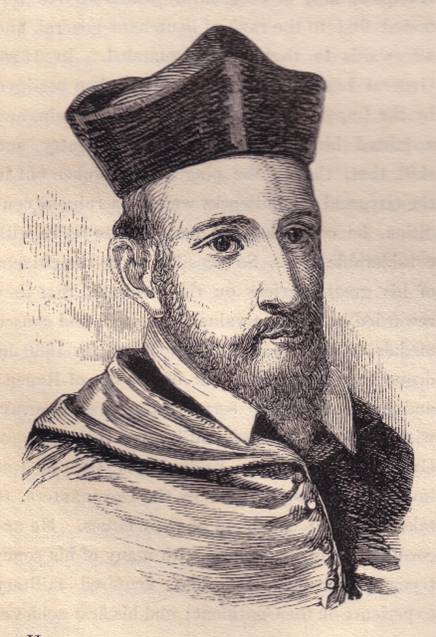Sir John Leslie (10 April 1766 – 3 November 1832) was a Scottish mathematician and physicist best remembered for his research into heat. A physicist is a scientist who studies matter and its motion through spacetime and all that derives from these, such as energy and force.
Leslie was born of humble parentage at Largo in Fife and received his early education there and at Leven. In his thirteenth year, encouraged by friends who had even then remarked his aptitude for mathematical and physical science, he entered the University of St Andrews. On the completion of his arts course, he nominally studied divinity at Edinburgh until 1787.
From 1788-1789 he spent rather more than a year as private tutor in a Virginian family, and from 1791 till the close of 1792 he held a similar appointment at Etruria, Staffordshire, with the family of Josiah Wedgwood, employing his spare time in experimental research and in preparing a translation of Buffon's Natural History of Birds, which was published in nine volumes in 1793, which brought him money. He died when he was 66.
For the next twelve years (passed chiefly in London or at Largo, with an occasional visit to the continent of Europe) he continued his physical studies, which resulted in numerous papers contributed by him to Nicholson's Philosophical Journal, and in the publication (1804) of the Experimental Inquiry into the Nature and Properties of Heat, a work which gained him the Rumford Medal of the Royal Society of London.

In 1805 he was elected to succeed John Playfair in the chair of mathematics at Edinburgh, not, however, without violent, though unsuccessful, opposition on the part of a narrow-minded clerical party who accused him of heresy in something he had said as to the unsophisticated notions of mankind about the relation of cause and effect.
When Playfair died in 1819, Leslie was promoted to the more congenial chair of natural philosophy, which he held until his death. In 1823 he published, chiefly for the use of his class, the first volume of his never-completed Elements of Natural Philosophy.
Leslie's main contributions to physics were made by the help of the differential thermometer, an instrument whose invention was contested with him by Count Rumford. By adapting to this instrument various ingenious devices, Leslie was able to employ it in a great variety of investigations, connected especially with photometry, hygroscopy and the temperature of space. In 1820 he was elected a corresponding member of the Institute of France, the only distinction of the kind which he valued, and early in 1832 he was knighted.
Leslie died at Coates, a small property he had acquired near Largo.